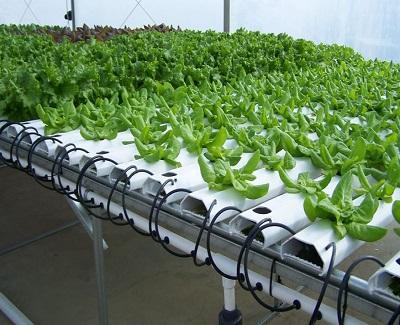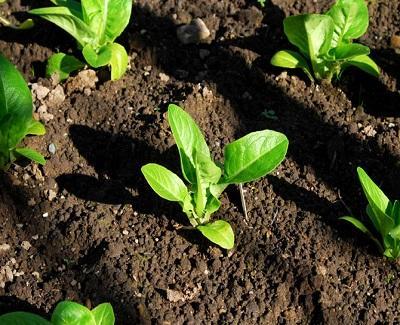I started gardening when I was in high school. It was unusual for someone my age to be fascinated with plants when all the kids I know where into computer games, girls where into boys, dating and parties. I grew up nurturing my little patch of plants in our backyard and start planting basil, bell pepper, tomatoes and rhubarb.
It became a hobby even until now and my garden has grown three times than it was before. But I am still exploring the possibilities on how I can improve it and make it more efficient and so I did a little research on a technique in gardening that I stumbled upon and it is called hydroponics. I am open to shifting my gardening to this unconventional technique and so I am also sharing with you what I have learned about it and together let’s see if it is better or should we stick to the traditional soil gardening.

It has two main types, the solution culture and medium culture where the solution culture does not use a solid medium for the roots while the medium uses solid medium like gravel, sand or rockwool. Both use two variations of irrigation, the sub-irrigation and top-irrigation.
Now let us look into the advantages and disadvantages of hydroponics and if gardening using the traditional way is better.
1. Study says, hydroponics is more sustainable than soil gardening. It is more effective and easier to set up and does not require much space.
2. Plants grow faster with hydroponics. Without the soil, plants tend to grow twice faster making harvest increase greatly. In the absence of soil, the plant is not forced to grow convoluted or its growth process is not complicated because the nutrients are fed directly to its roots and not the other way around where the roots grow too long to search for nutrients.
3. It promotes full growth potential of the plants. In hydroponics, it lessens the plant’s time in growing roots to search for nutrients, since the nutrients are readily available the plant then focuses its growth in creating bigger fruits and healthier leaves and stems.
4. It reduces the risk of pests since soil is one of the major factors that cause pests to thrive in plants. Usually if you plant in soil, you have to invest in pesticides and other chemicals to kill the pests and at the same time it is also harmful to you and to the environment.
5. It needs less space. Unlike soil-based plants, hydroponics allows plants to grow smaller roots that lead directly to nutrients and eliminates competition. It then allows more variety of plants to be planted in a shared area, making it a viable gardening idea for condominium and apartment dwellers. This is something you can create on your rooftop if you live in an urban area where everything is made of concrete and there is just no space or yard for you to create the conventional garden.
6. Fruits, herbs and vegetable grown through hydroponics method have more vitamins and nutrients than those produced from soil-grown plants. It is significantly cleaner, better in appearance and tastes much better. Hydroponically grown plants also have better texture and aroma and they are less expensive than the organic counterparts because it is produced cheaper.
7. It is cheaper because water conservation nutrients are recyclable, weed; pest and plant diseases are easily controlled. You have more control over the plants and its environment that can manipulate the root area’s temperature, darkness and humidity which results in higher and better quality yields.

Hydroponics may seem very promising with all its advantages, but it also has its disadvantages. It has no soil-buffer that could save plants in case hydroponics system fails where plants tend to die much faster. It can also increase your energy consumption if you will be using growth light and air pumps and you will also need to spend on your start up system like nutrient solutions. Working with hydroponics may cause water-based pathogens to your plants.
With all the things I have shared about hydroponics and in case you want this method there are still too many things to be learned. I may have touched just the surface and there are a lot of ideas you can find to make it work for you. Search for DIYs and instructional material about hydroponics to make your hydroponics garden a success.
==================
Author Bio:
Kristy Jones – I am a DIY type of gal with a lot of experiences in architecture, crafts and basic house renovations. I love writing on my personal blog, biking, bonding with friends and, most especially decluttering things at home for fun. Currently, I am working as an office staff at A Click Away Remotes. I just want to focus on the growth of my career.
==================
